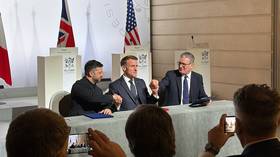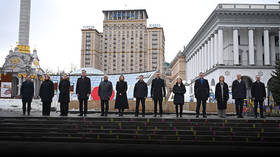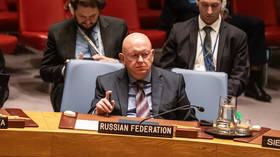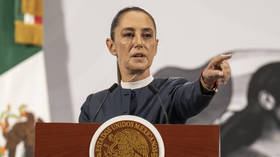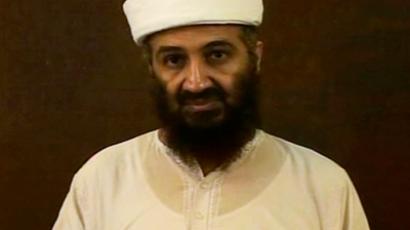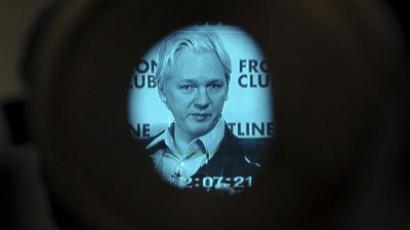Stratfor leaks: NATO commandos in illegal special ops in Syria

Undercover NATO troops are already in Syria despite denials from their parent governments, according to a leaked brief from a highly-placed analyst.
The information comes from a hacked email from leading private US intelligence agency Stratfor, whose correspondence has been released by Wikileaks since February 27. The email appears to be written from the address of Reva Bhalla (bhalla@stratfor.com), the company’s director of analysis, for internal use, and details a confidential Pentagon meeting in December. The consultation is alleged to have been attended by senior analysts from the US Air Force, and representatives from its chief allies, France and the United Kingdom.Western powers have categorically denied military involvement in Syria’s internal conflict, for which they have no international mandate. But if the information contained in the letter is reliable, a radically different picture of Western activity in Syria emerges.The author of the letter claims that US officials “said without saying that SOF [special operation forces] teams (presumably from the US, UK, France, Jordan and Turkey) are already on the ground, focused on recce [reconnaissance] missions and training opposition forces.” A little later the US army experts expand on the role of the undercover commandos: “the idea 'hypothetically' is to commit guerrilla attacks, assassination campaigns, try to break the back of the Alawite forces, elicit collapse from within.”Alawites are a minority Islamic sect, to which Syrian President Bashar Assad and his support base belong. For the past year he has battled an insurrection that has united a range of opponents, from pro-democracy activists to radical Sunni Muslims.There have been previous allegations of a Western presence on the side of the rebels and on Monday 13 French officers were reportedly captured by the loyalist forces.Despite the commandos’ already wide remit, the email states that the US experts “stress that this is all being done as contingency planning, not as a move toward escalation.”If confirmed, the information will give ammunition to Russia and China, who have accused Western powers of paving the way for an invasion of Syria. These fears have already been cited as the reasons the two countries vetoed the US-backed UN resolution on Syria in February.
US and allies wary about air strikes
The majority of the December meeting was dedicated to discussing the possibility of a US aerial attack on Syria, and offers an unvarnished glimpse into US foreign policy thinking.The letter reports military experts as saying that the US has a “high tolerance for killings” and will not execute air strikes on Assad’s regime “unless there was enough media attention on a massacre, like the Gaddafi move against Benghazi.”The strikes themselves would be “doable” but “the air campaign in Syria makes Libya look like a piece of cake.” All the same, a US Air Force intelligence officer is described as “obsessed with the challenge of taking out Syria's ballistic missile capabilities and chem [chemical] weapons.”On Monday, Republican Senator John McCain called for an air strike on Syria, But the following day, President Obama spoke out against "unilateral action", noting that the situation in Syria was not as clear cut as in Libya.If the US does end up staging another military intervention, it is not clear how much support it would receive. The French representative said to the author that “Syria won't be a Libya-type [sic] situation in that France would be gung-ho about going in. Not in an election year.” Meanwhile, Britain would be “reluctant” on the one hand, but on the other is “looking for ways to reassert itself on the continent [Europe]” following the renegotiation of the EU treaty. This is the latest in a line of revelations from the 5 million emails obtained by Internet hacker group Anonymous in December and passed to Wikileaks, which is currently publishing them on a drip-drip basis. While Stratfor refuses to comment on the emails, it has not been able to refute their authenticity.





